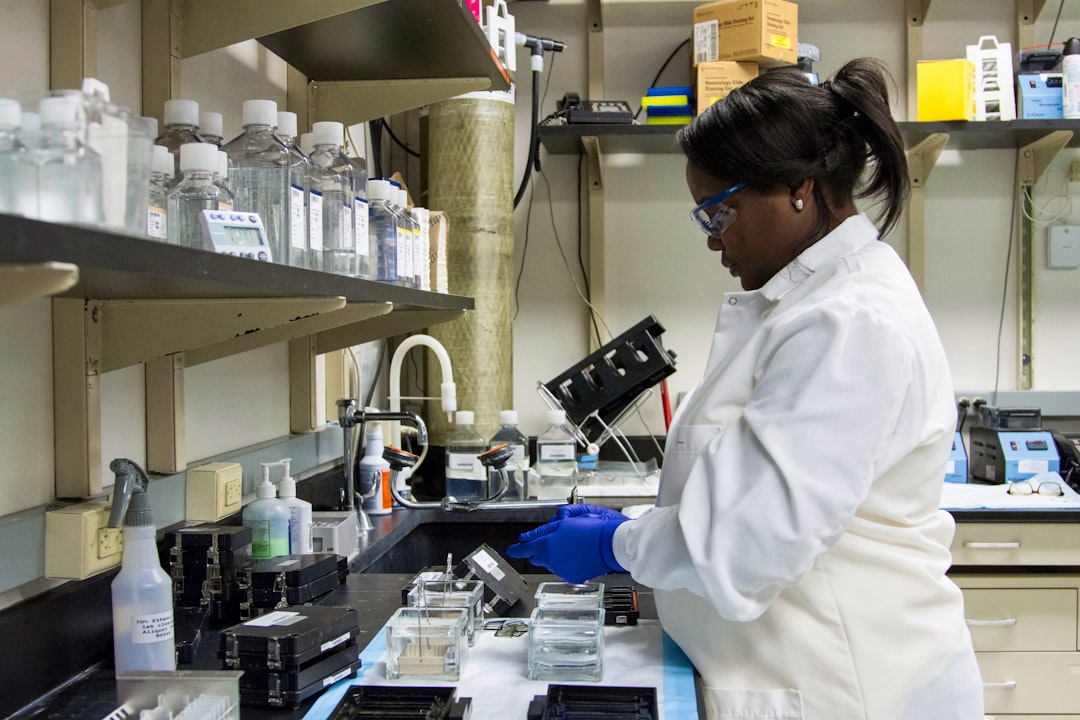
Indonesia’s online food delivery sector is expected to grow by 11.5% annually from 2020 to 2024.
Food sales represented 27.85% of all e-commerce sales in 2018, making it the largest category
in e-commerce.
Online food delivery expands choice and convenience for consumers. It also provides employment
and economic opportunities for sellers and deliverers. However, the disconnect between
consumers and sellers as a result of third-party delivery services creates unique food safety
challenges.
Responsibility for food safety standards, pre-market certification, and post-market supervision
lies with the National Agency of Drug and Food Control (NA-DFC), the Ministry of Health, and
city/district governments. A complicated registration process keeps smaller enterprises
from formalizing their businesses before entering the market, while the lack of capacity and
coordination among government institutions hinders effective post-market supervision. This
carries real consequences—half of the unregistered food in Indonesia was found to be unsafe
for consumption.
To strengthen the food safety system for online food delivery, city and district governments
should reduce barriers to market entry for household enterprises. The pre-market certification
process needs to be simple, educate merchants about food safety standards, and facilitate the
monitoring and tracing of food safety issues.
Co-regulation with the private sector needs to be incorporated into the regulatory framework
for food safety. Co-regulation addresses difficulties in the public enforcement of food safety
and complements public enforcement with private sector initiatives. This reality should be
acknowledged in the current deliberations of the Food and Drug Supervision Bill.
Finally, processed food deliveries should be temporarily exempt from local governments’
plastic reduction policies while policies are re-evaluated and regulations should consider the
unique needs of the food businesses and the various types and characteristics of plastic bags.
Biodegradable plastics should remain an option for food businesses. The government should
incentivize innovations on durable and sustainable alternatives to plastic.



